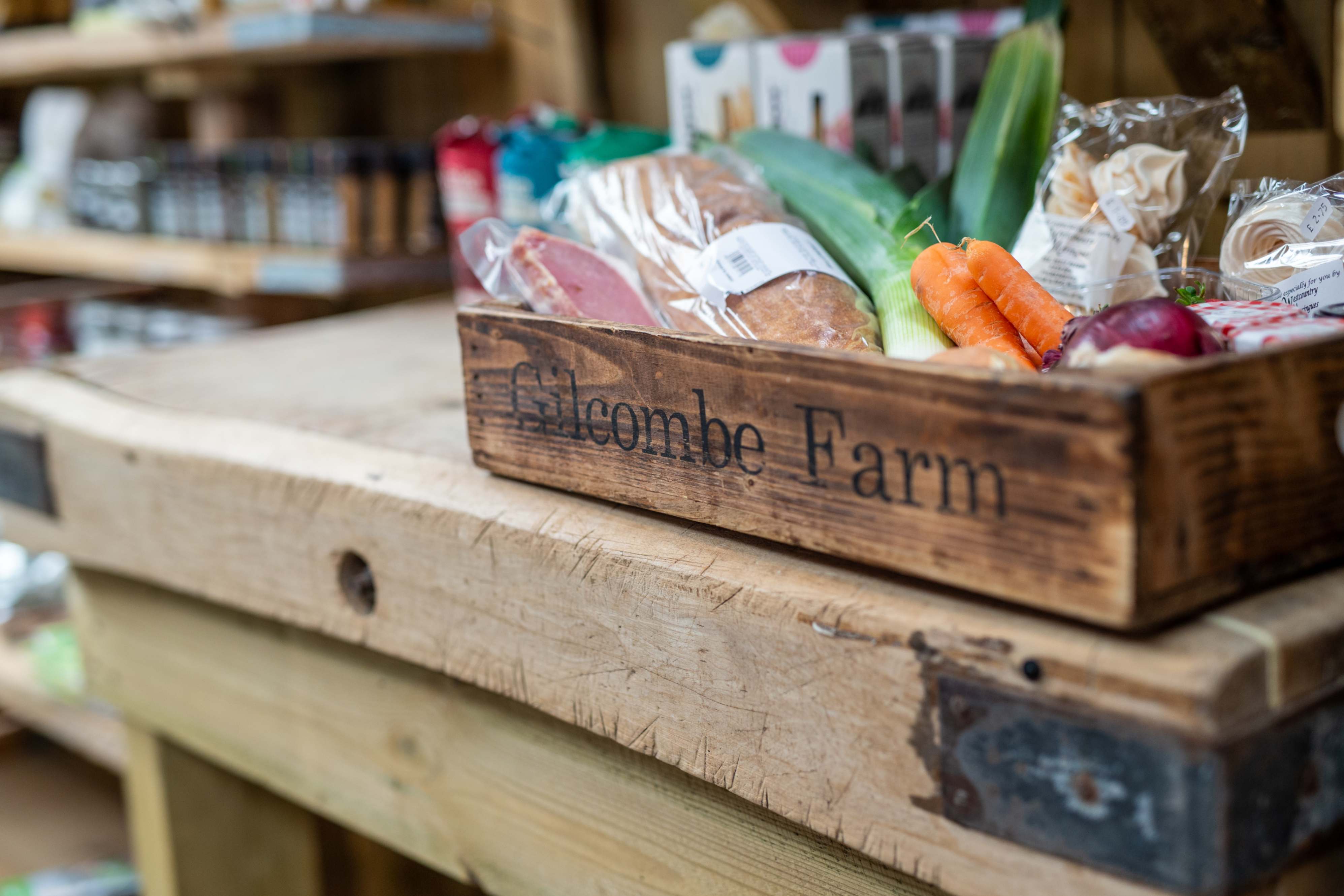Think beyond inheritance tax
The government’s changes to inheritance tax reliefs were top of the agenda at the CLA’s recent Rural Business Conference sponsored by Knight Frank, but there was also plenty of inspiration on offer to delegates looking to the future
3 minutes to read
Everybody was talking about inheritance tax at the CLA’s Rural Business Conference held on 21 November at the QEII Centre just across from the Houses of Parliament, where a few days earlier, tens of thousands of angry farmers and their supporters had gathered in protest.
The protestors were furious at the government’s decision to restrict full Agricultural Property Relief (APR) and Business Property Relief (BPR) on the value of inherited farming businesses to just the first £1 million of assets. Above that, although other reliefs could be available depending on circumstances, inheritance tax (IHT) will be payable at a rate of 20%.
Given land values now commonly exceed £10,000/acre you don’t need to be a mathematician to realise that even relatively small farms will be drawn into the IHT net and that finding the money to pay the taxman without selling off part of the business will be tricky, given many farms struggle to turn a profit.
Defra Minister Steve Reed, making his first public speech since the changes were announced as part of the Autumn Budget on 30 October, did his best to persuade delegates that relatively few farms would be affected and that landowners needed to do their bit to help fill the £22 billion fiscal blackhole that Labour insists it has inherited.
Judging by the polite but lukewarm applause he received I don’t think he convinced many of them.
Grant funding issues
Although the IHT changes are certainly worrying and could have significant consequences for many businesses, I believe there is a danger that they are overshadowing other Budget announcements and ongoing grant-funding issues, which are also extremely concerning.
These include new carbon taxes on imported fertiliser that could hit gross margins, more severe-than-expected cuts to 2025 Basic Payment Scheme (BPS) cheques, the slow rollout of the Sustainable Farming Incentive (SFI) scheme and a delay to the introduction of Higher-tier environmental payments.
The rise in the minimum wage and the hike in employers’ National Insurance contributions will also put pressure on profits.
While IHT issues are hopefully some way in the future for most rural businesses, allowing time for succession planning, the factors I’ve mentioned above are already nibbling at the bottom line and if not addressed quickly could hit profitability hard.
I do worry that IHT issues seem to be the focal point, while for many farmers the immediate need is to address rapidly declining profits, which will eat away at the value of their assets.
Many farms that have relied on subsidies to break even have still not taken sufficient measures to mitigate the complete withdrawal of BPS by 2027. They may also not have factored in the delay in rolling out environmental payment schemes on their balance sheets.

Farm shops highlight the importance of local supply chains and partnerships in building resilient rural businesses.
New relationships
One of the things they need to do is reassess the relationships they have with the customers for the food they produce.
During the conference, it was fascinating to listen to Will Becket, the founder of the Hawksmoor steak restaurant chain, extolling the virtue of short supply chains, and David Hughes, a professor of food marketing, who shared the latest consumer trends that producers need to be aware of.
It was also inspiring to hear how Norfolk dairy farmer Catherine Temple has added value to her milk by creating her own successful brand – Mrs Temple’s Cheeses. She has also embraced circularity and sustainability by using waste materials to generate all the farm’s electricity needs.
It is understandable the industry is dwelling on IHT, but don’t let it distract from more imminent dangers.
Please contact Simon and his Agri-business consultancy team for help futureproofing your business